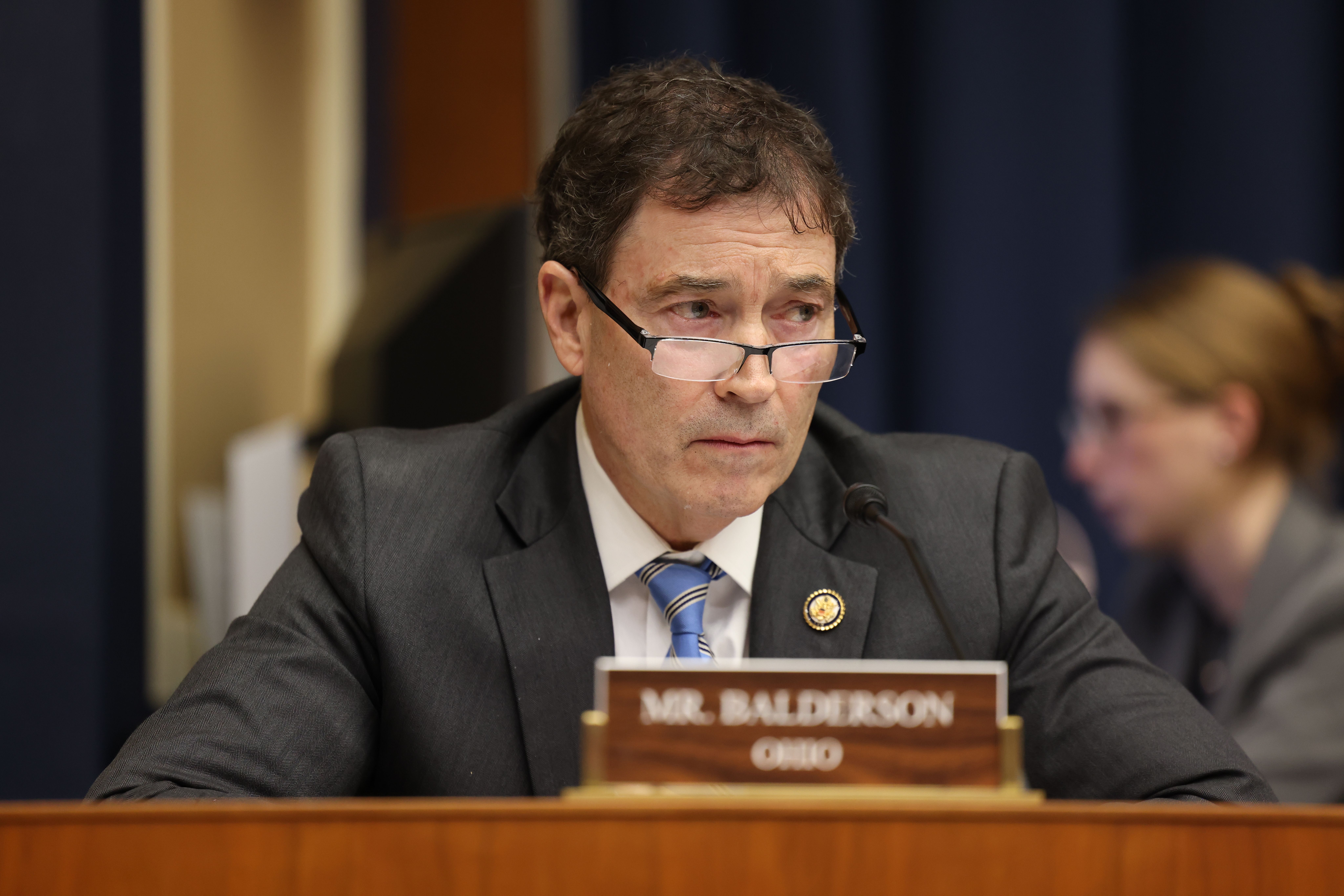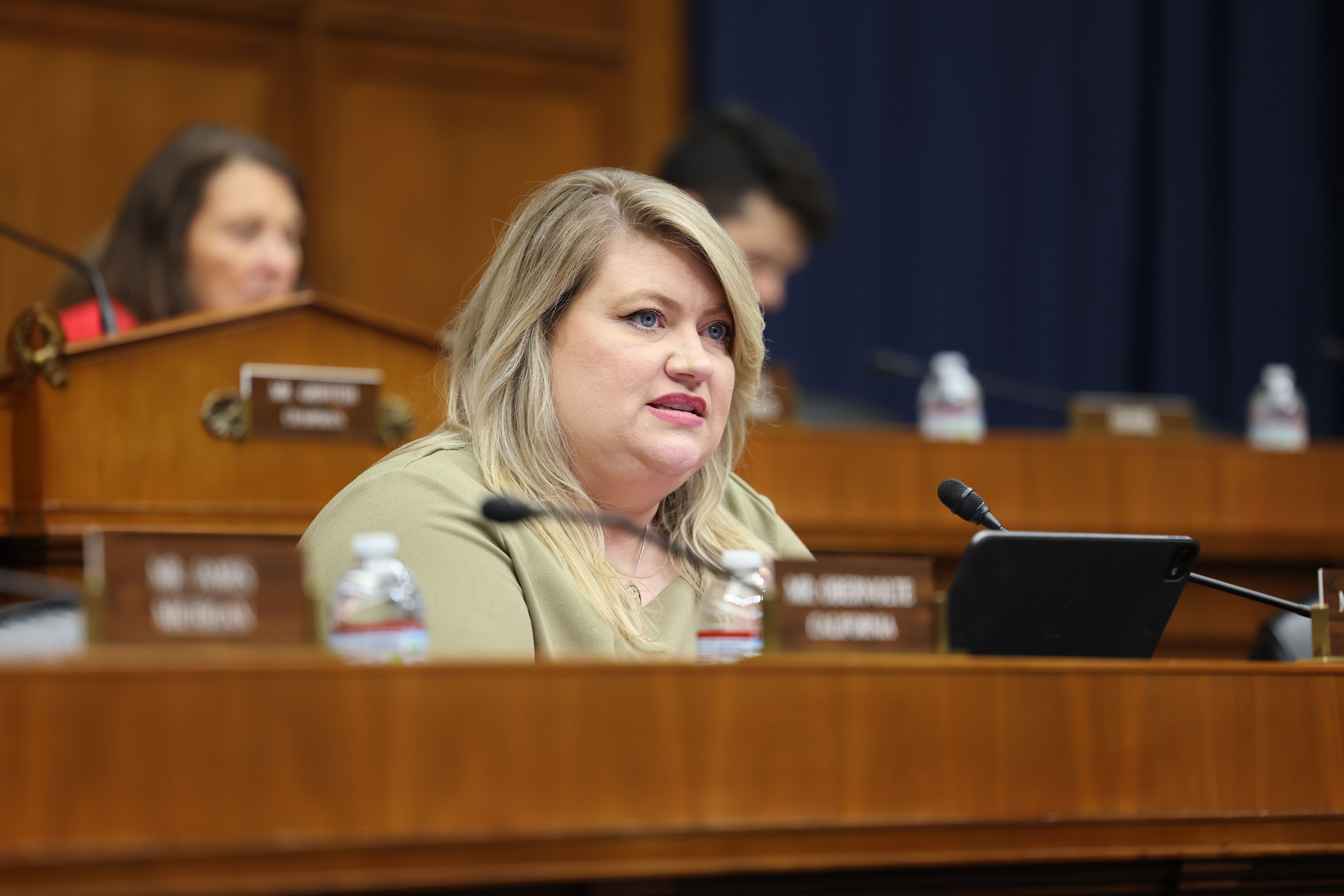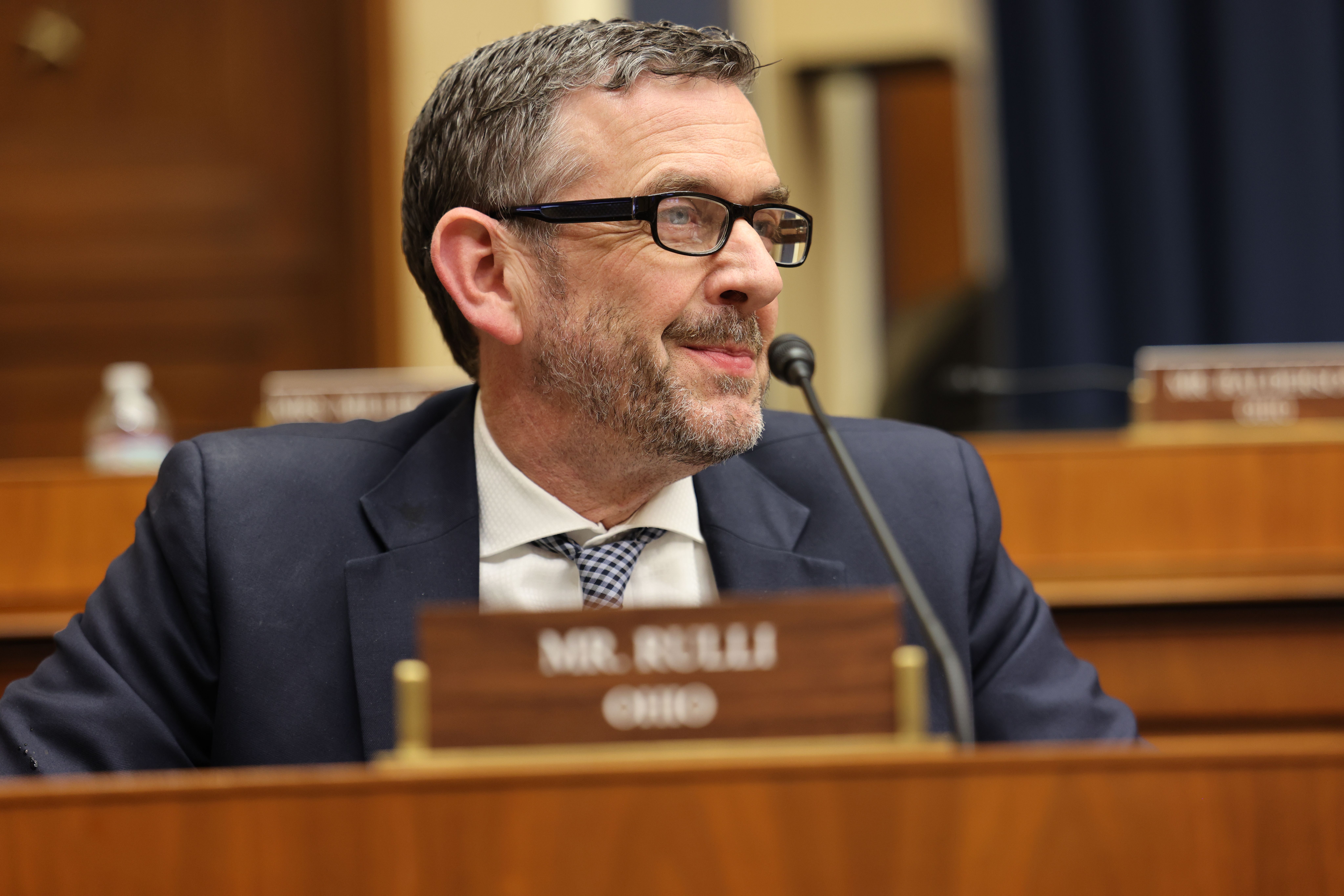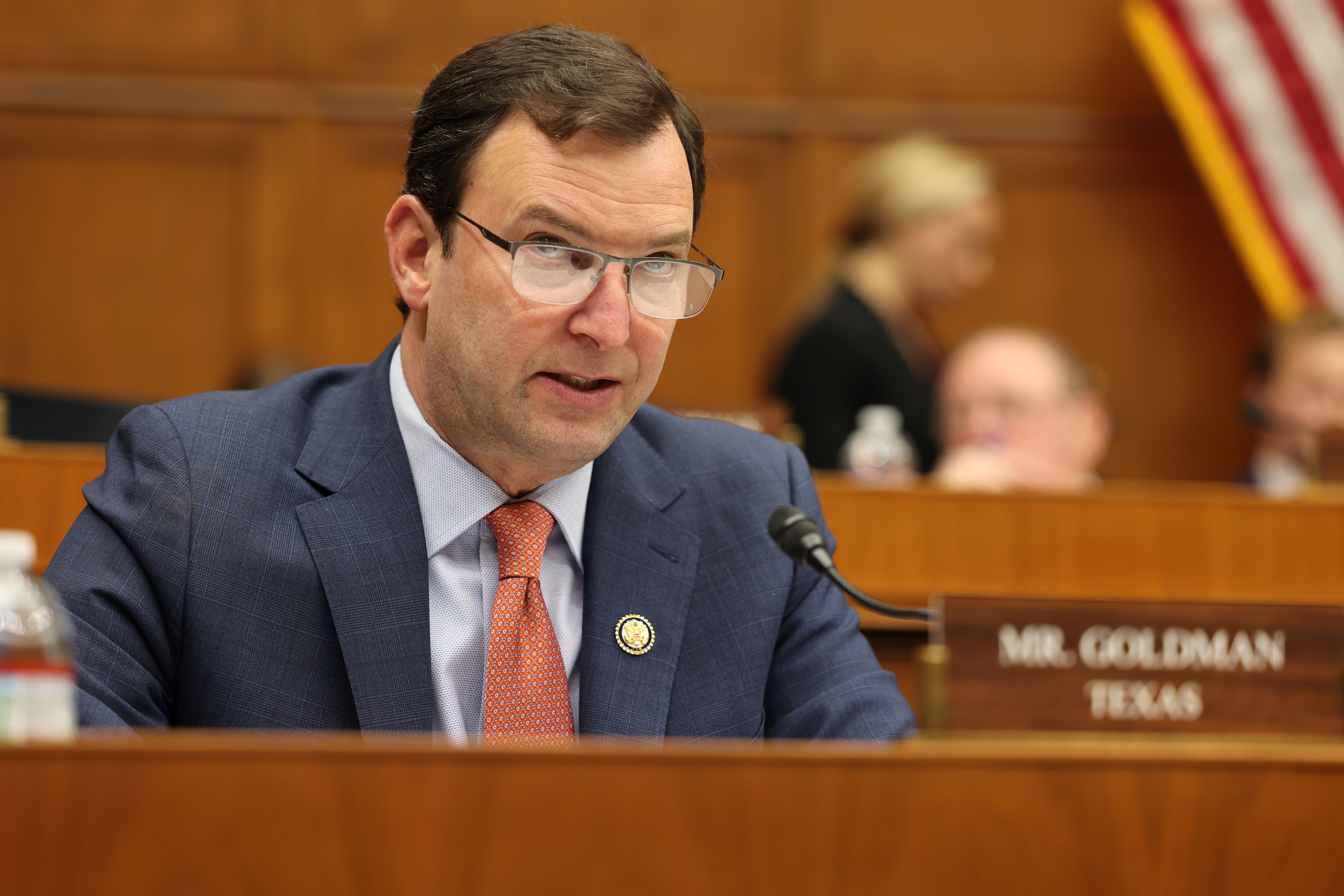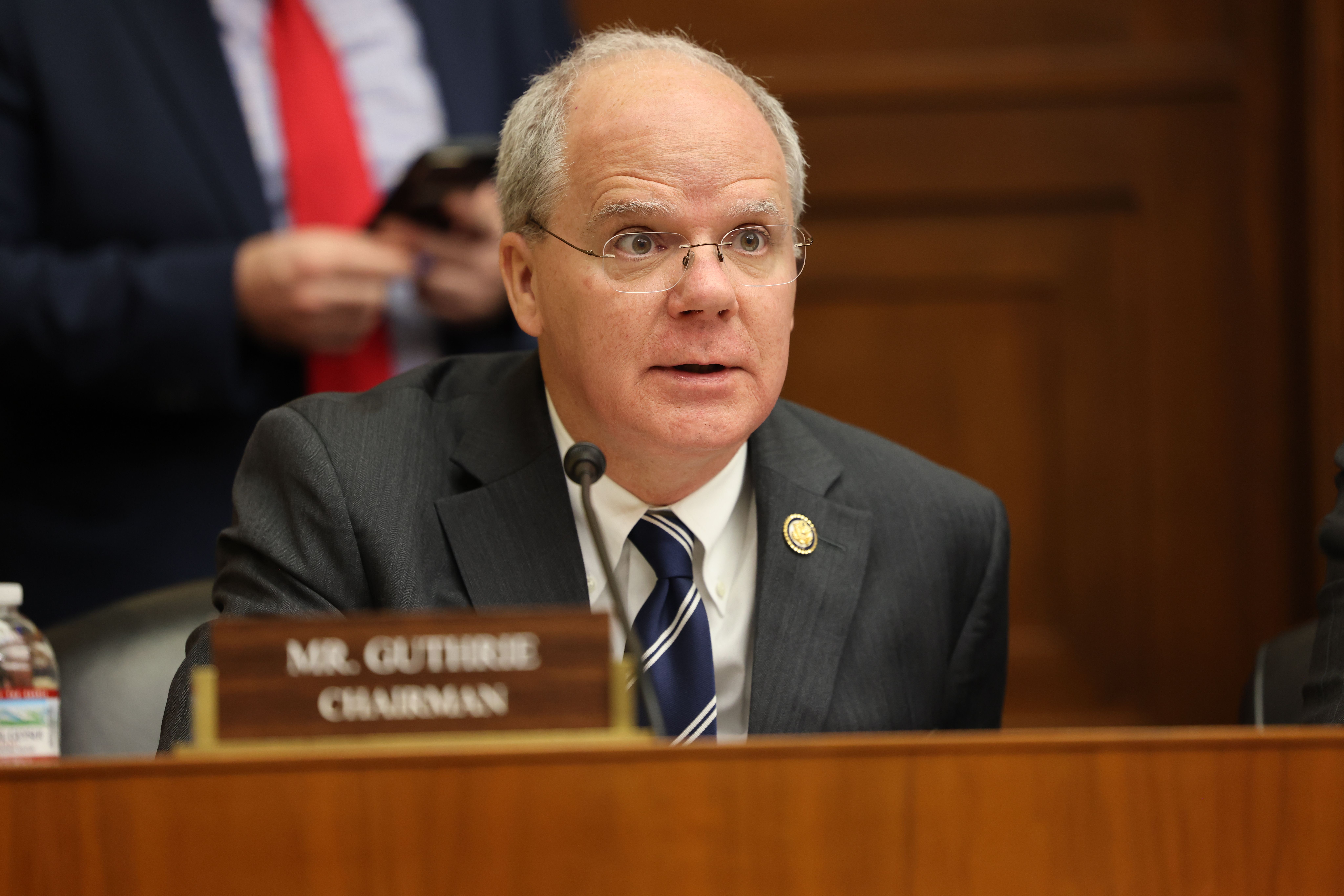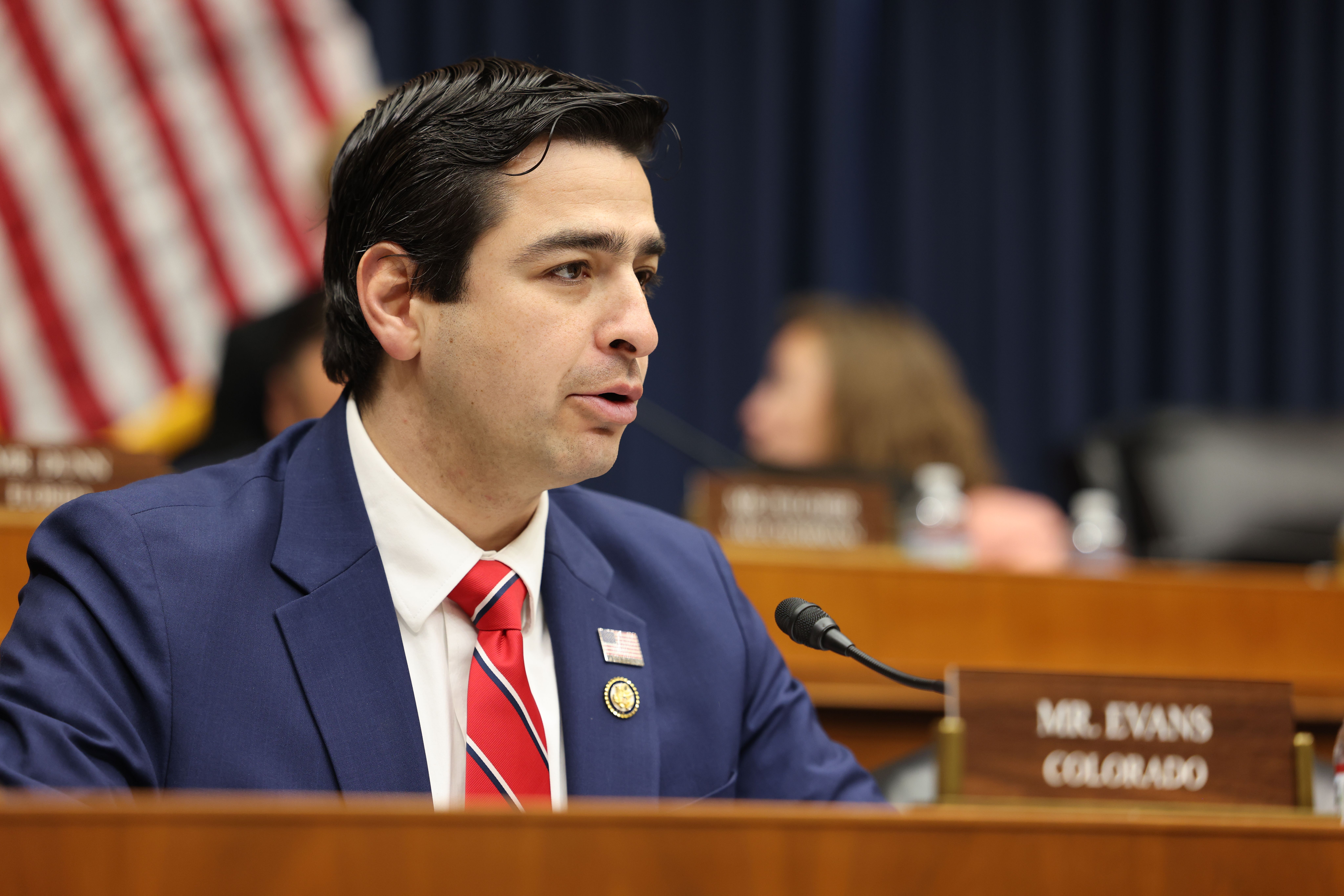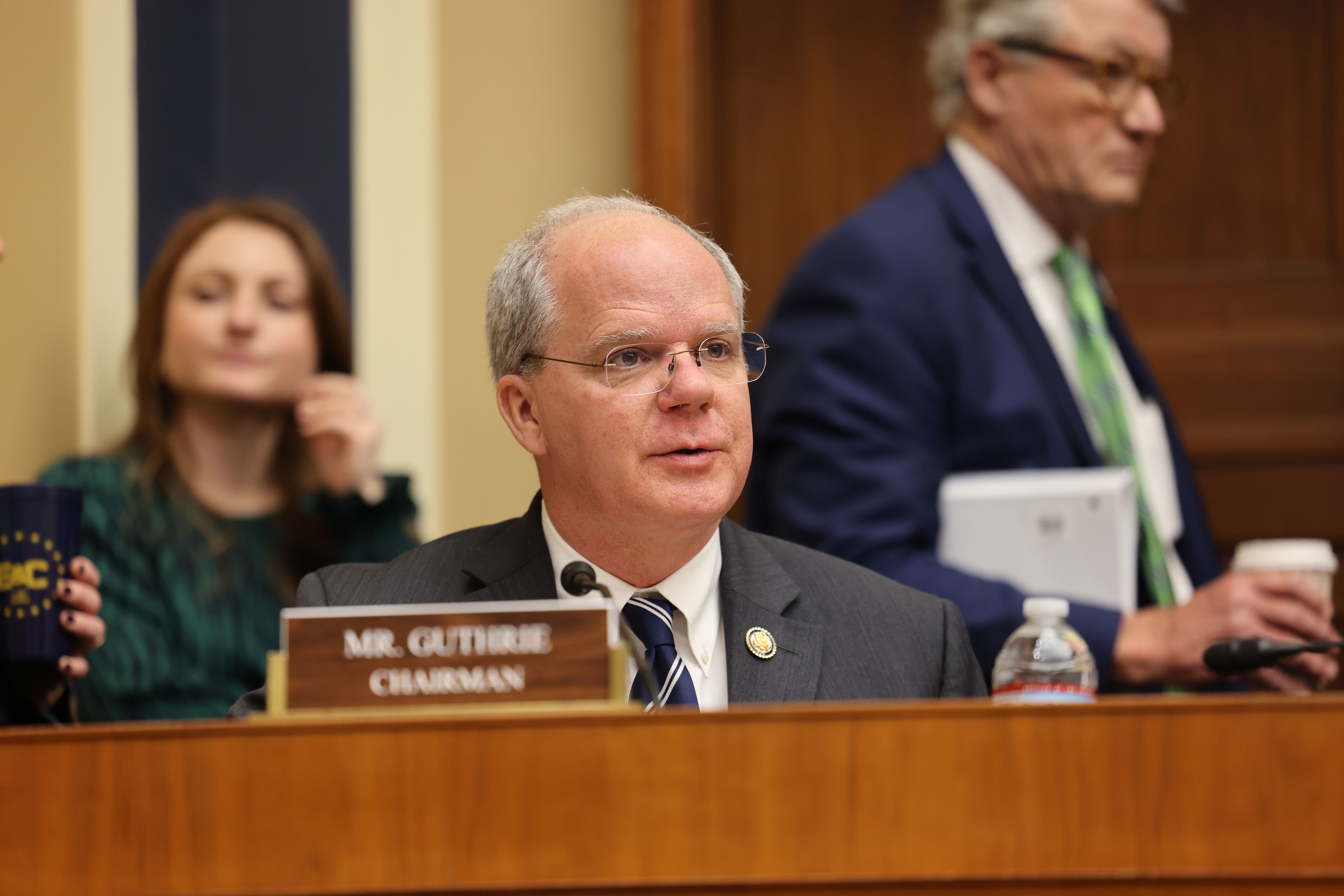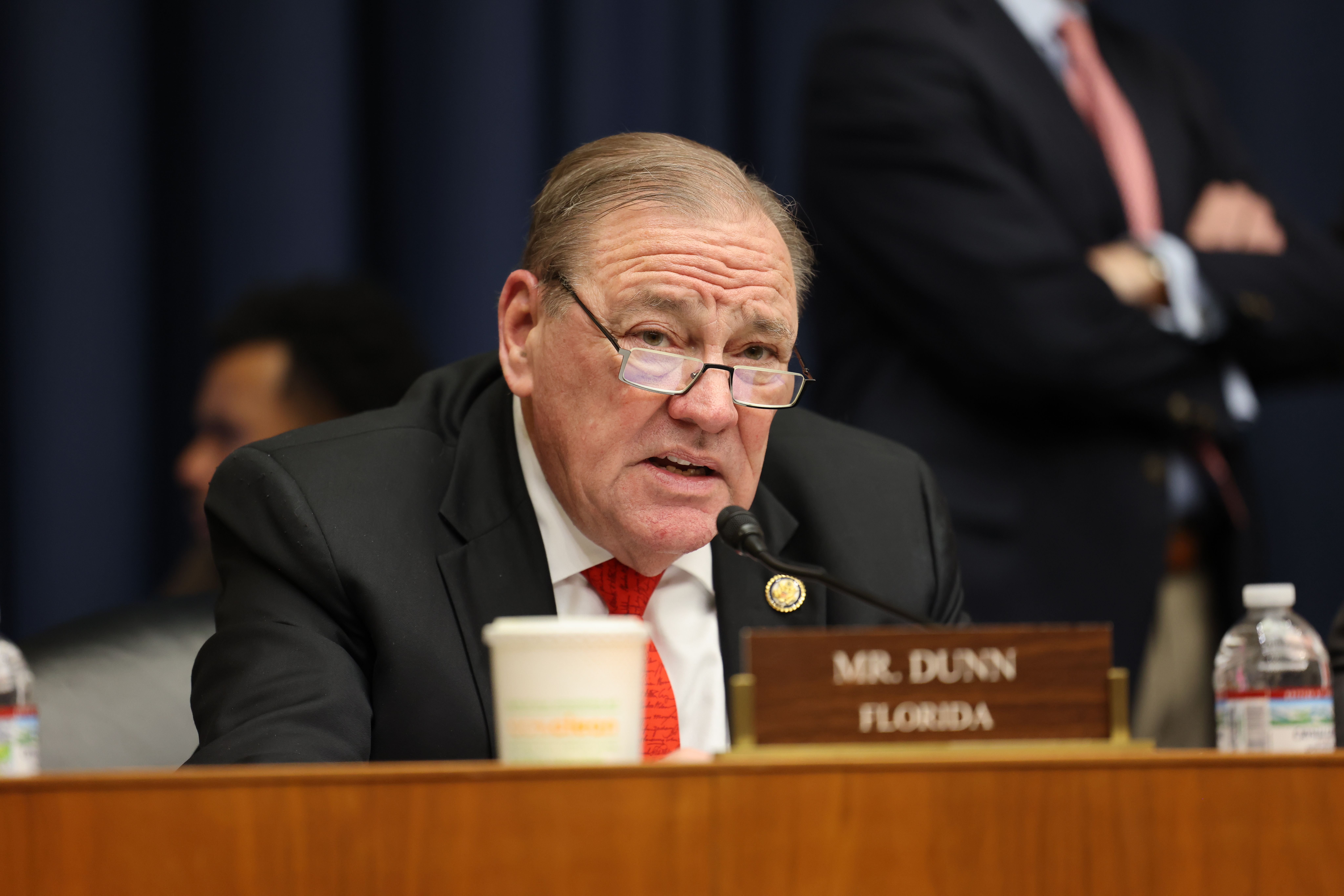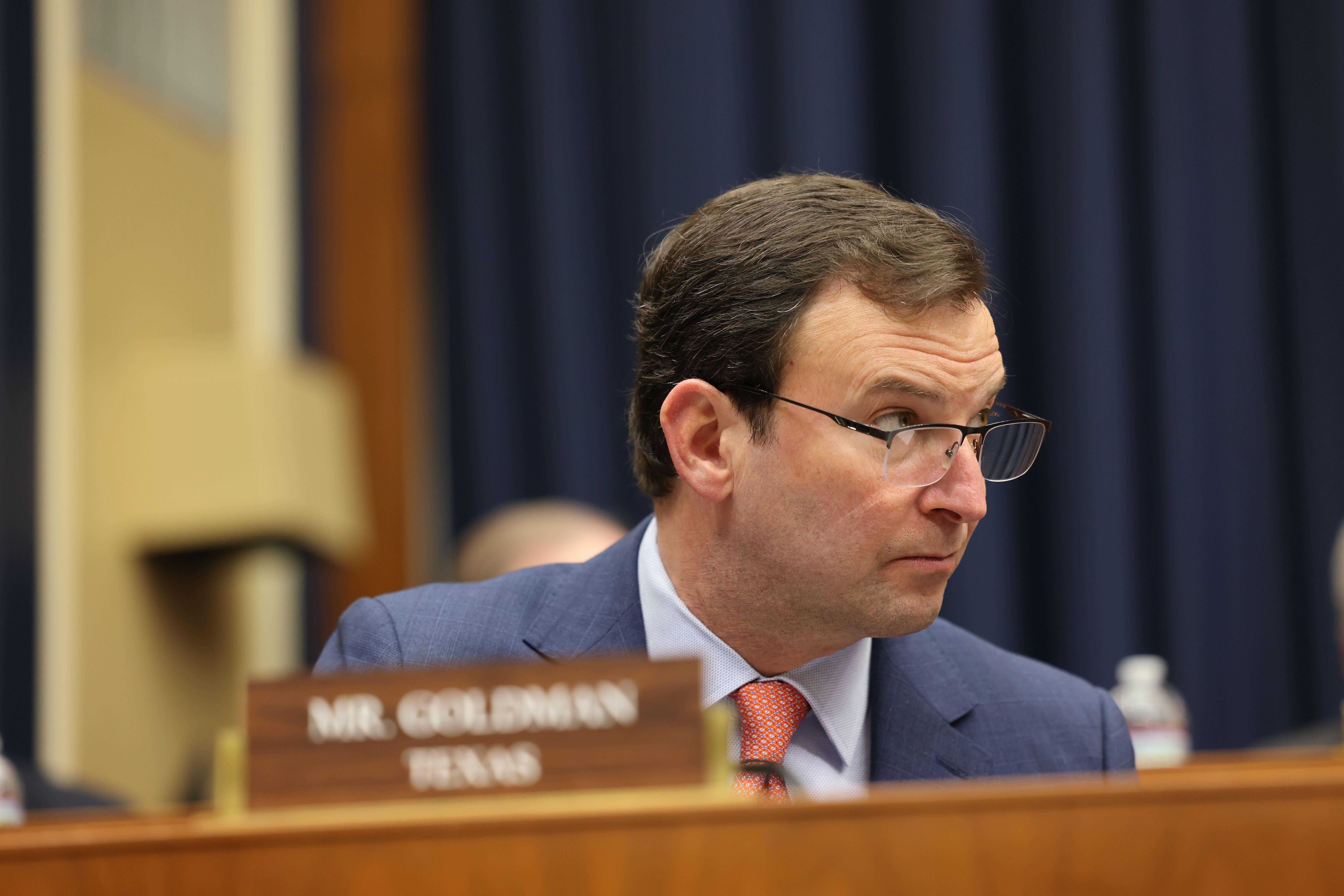Chairmen Guthrie, Joyce, and Palmer Investigate Failure of DC Water to Address Potomac Sewage Spill
WASHINGTON, D.C. – Today, Congressman Brett Guthrie (KY-02), Chairman of the House Committee on Energy and Commerce, Congressman John Joyce, M.D. (PA-13), Chairman of the Subcommittee on Oversight and Investigations, and Congressman Gary Palmer (AL-06), Chairman of the Subcommittee on Environment sent a letter to David Gadis, the Chief Executive Officer of DC Water requesting information on the failures that led to the spill in the Potomac River and what steps are being taken to ensure it is contained. “The Committee has concerns about how this incident will impact public health, safe drinking water, the environment, interstate commerce, and tourism, all of which fall within the Committee’s jurisdiction,” said Chairmen Guthrie, Joyce, and Palmer. “DC Water is responsible for delivering drinking water and wastewater services to communities in Maryland, Virginia, and the District of Columbia (DC), as well as the federal government, including operation and maintenance of the 54-mile Potomac Interceptor line. The Committee is requesting documents and information from DC Water about what is already being referred to as ‘one of the largest sewage spills in U.S. history.’” Key excerpt from the letter: “Public health warnings have been given for people and pets to avoid contact with water from the Potomac River and to avoid fishing, rowing, and other activities in the area.The warnings to avoid the contaminated water come shortly before the annual Cherry Blossom Festival, which is centered around the Tidal Basin along the Potomac River, and the celebration of the 250th anniversary of the signing of the Declaration of Independence, both of which are expected to attract millions of visitors to the District of Columbia. “An incident of this size and scale presents a significant threat to the public health and welfare of the affected communities, and swift mitigation of these risks is critical. Understanding the nature of how this incident occurred and how future incidents of this scale may be prevented in the future is imperative.” CLICK HERE to read the full letter. BACKGROUND: The letter comes as Washington, DC, Virginia, and Maryland residents continue to deal with the fallout of the spill that occurred on January 19, 2026, and now has resulted in e. coli levels at the spill site measuring at hundreds of times above EPA safety thresholds. As part of its oversight authority, the Committee is requesting information on what DC Water knew about the risk of a potential spill prior to January, documents discussing why emergency contracting was warranted to repair the pipe, why any approved contracts were not implemented, as well as actions DC Water has taken to address the environmental impacts of the spill.
